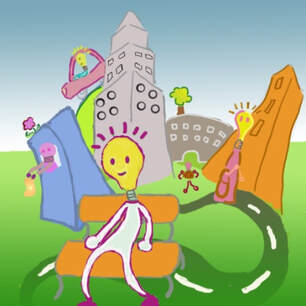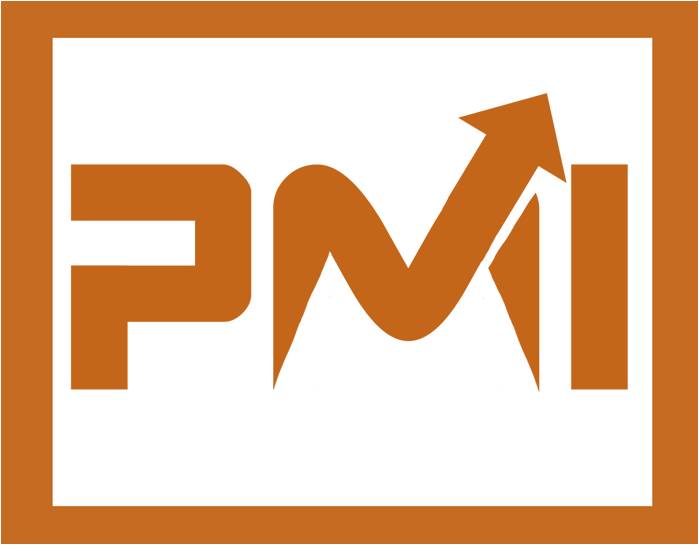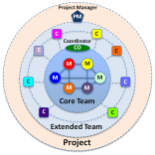Commons for Smart Cities
Crowd 4 Change
|
Towards the development of Common Sense Cities
In 2012, three amigos launched a small project with a view to develop a new approach to monitor the environment. Monitoring and evaluation (M&E) plays a central role in the process of continuous improvement towards sustainable development in urban setting. The accelerated pace of change and the need to experiment with many new sustainability solution and practices pose challenges to public M&E systems, which either focus on wide geographic areas or rest on abstract economic models Crowd 4 Change was the result of this project and further developments are envisaged following the many catastrophic events that plagued our world until recently. Beside "Hard Sensing" (with equipment), the "Soft Sensing" of Citizens is equally important in order to build a shared common understanding of what is at stake in a Smart City. In a sense, empowering the Citizens to play an active role in their City depending on their common needs and interests. |
Recent News

Common Sense : how citizen can help to gather the common information of our world.
With Arduino, a sensing box was developed and tested in order to collect automatically environmental information, which can be displayed on a map. Full details will be published soon.
In order to create a local sustainability "liveboard" for their neighborhood, village or city, active citizen have either to be equipped or to be taught how to leverage their existing equipment, with a view to collect and share environmental information. Some projects like Noisetube (www.noisetube.net) or Air Quality Egg (https://airqualityegg.com/egg) have had a good impact, yet had either sole educative purpose or encounter resistance from the "scientific" communities raising concerns about Citizen's bias. In a sense, the tool to measure was build before the common model it had to support.
With Arduino, a sensing box was developed and tested in order to collect automatically environmental information, which can be displayed on a map. Full details will be published soon.
In order to create a local sustainability "liveboard" for their neighborhood, village or city, active citizen have either to be equipped or to be taught how to leverage their existing equipment, with a view to collect and share environmental information. Some projects like Noisetube (www.noisetube.net) or Air Quality Egg (https://airqualityegg.com/egg) have had a good impact, yet had either sole educative purpose or encounter resistance from the "scientific" communities raising concerns about Citizen's bias. In a sense, the tool to measure was build before the common model it had to support.




